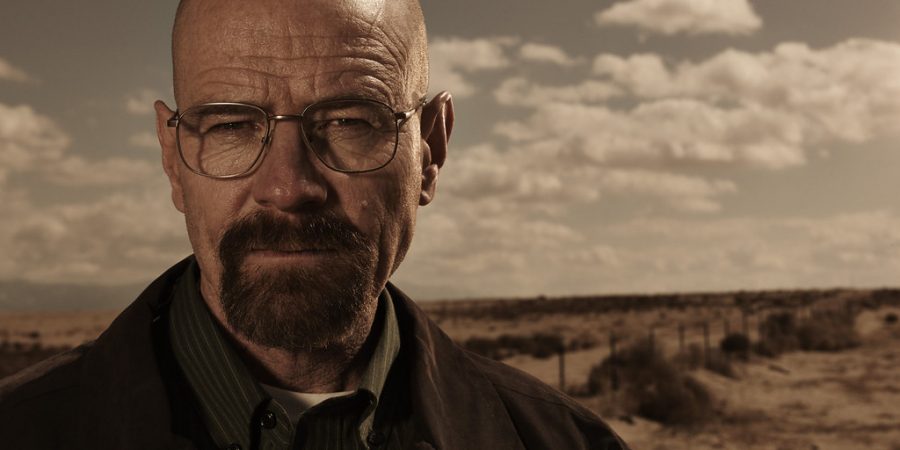“El Camino: A Breaking Bad Movie” is a rare pleasure. It is a sequel film that relies not on nostalgia or name-recognition but instead on carefully considered, well-executed visual storytelling. Director and series creator Vince Gilligan exhibits his concise, no-nonsense approach to filmmaking, made famous in “Breaking Bad,” and more recently in its excellent prequel series “Better Call Saul.”
“El Camino” deals with the events following Jesse Pinkman’s (Aaron Paul) escape at the end of the TV series and the fallout of the Walter White (Bryan Cranston) investigation that is ongoing at the time of the show’s finale. The film features returning fan-favorite characters and is intercut with flashbacks to Jesse’s past to further the story behind his psychological breakdown and escape. Jesse begins from an exceedingly dark place informed by flashbacks to the final season of the series. “El Camino” sees him work his way out of the mess that he finds himself in, reshaping his life from the ground up.
The film’s two-hour length is even more impressive given how much possible fat, such as dwelling on familiar places and characters, has been trimmed away. Gilligan is precise in his storytelling. Every moment is essential, and it creates a final product that feels well-paced. Not every “Breaking Bad” fan may have wanted this film, but Gilligan’s mastery of his craft justifies “El Camino” in its own right.
By liberally trimming away unnecessary retreads, Gilligan leaves ample time to focus on what the film is really about: Pinkman’s emotional state. “El Camino” is unafraid to dwell on long, moody shots and closeups of its lead, and it pays off in spades. Paul delivers perhaps his best performance yet, and Gilligan has no qualms about leaning on his skillset. The film contains shockingly little dialogue, opting instead to let the story of how Jesse’s broken psyche is slowly mended be told organically through Paul’s acting.
By far the most impressive thing about “El Camino,” however, is its tone. It never falters, carefully mimicking Jesse’s emotional journey from beginning to end. Of course, there are plenty of little callbacks throughout the film for fans of “Breaking Bad” to revel in, but never does the fanservice disrupt the director’s vision. It is fun and will certainly elicit nostalgia from fans, but it never comes off as campy or overly reliant on fanservice and chasing after past glory, unlike certain other sequel films made well after the original material, such as M. Night Shyamalan’s “The Last Airbender.”
All things considered, it would be hard not to recommend “El Camino,” even for those who are unfamiliar with the show, since there is plenty of substance and character development contained within the film to make it enjoyable for anyone. Be warned, however, that watching “El Camino” will at least spoil Jesse’s ending in “Breaking Bad.” That said, there is more than enough here to let the film stand on its own as a satisfying, visually gorgeous and emotionally impactful conclusion to the story of Jesse Pinkman.
Email Nicholas Pabon at [email protected].






















































































































































